A must-listen short interview with Krista Tippett for On Being, after the Kavanaugh Supreme Court hearings & discourse, about the need for better conversation in public life:
Excerpts:
“The point of speaking together differently is learning to live together differently. I’m not interested in talking for talking’s sake, ever. And yet, [laughs] it’s our capacity as humans — in fact, our compulsion as humans — to share space with each other, to put words, which are very often inadequate, but to struggle to put words around our deepest thoughts and our deepest longings and our most difficult subjects — to do that with each other, with strangers, with those closest to us.”
“A long time ago, I interviewed [philosopher] Anthony Appiah… One of the things he offered me that has been a gift of that conversation I’ve carried forward ever since is the original meaning of the word “conversation.” It is not just about words passing between mouths and ears. It’s about shared life. I’ve been thinking, ever since: Listening is about bringing our lives into conversation.”
“Right now we have work to do to create the spaces and the trust to even have the kinds of conversations I’m talking about. The work is bigger. A conversation begins before any words are spoken. The tone is set. What is possible is framed. So that’s what I think of, also, when I think of conversation. I think of the fact that conversation done well strengthens relationship, and we certainly need relationship.”
“I think if we could create some better spaces for conversation, just people starting where they are, and model that that is an interesting place, a robust place; that that, in fact, is the heart of our life together… then we start to build out a much more interesting and vital place that is the middle, the heart of our life together.”
“All of the important social change and moral change that we can see — certainly the civil rights movement, anything you could name… there is the time between a way we’ve been living is revealed to be horrendous, that the practices that were not just condoned, but moral, that our eyes are opened to the fact that it is repugnant and that we must live differently. In every case when that happens in history, there are some people who see it first, and there’s a long period of gestation. Movements do come along and uproot structures, but there’s critical mass, and then there’s this period of what John Paul Lederach, our friend, calls “critical yeast,” where small groups of people in an unlikely quality of relationship start to create new possibilities, and then that becomes infectious. It always takes longer than it should, but it can start in some places immediately.”
Read the full transcript here.

